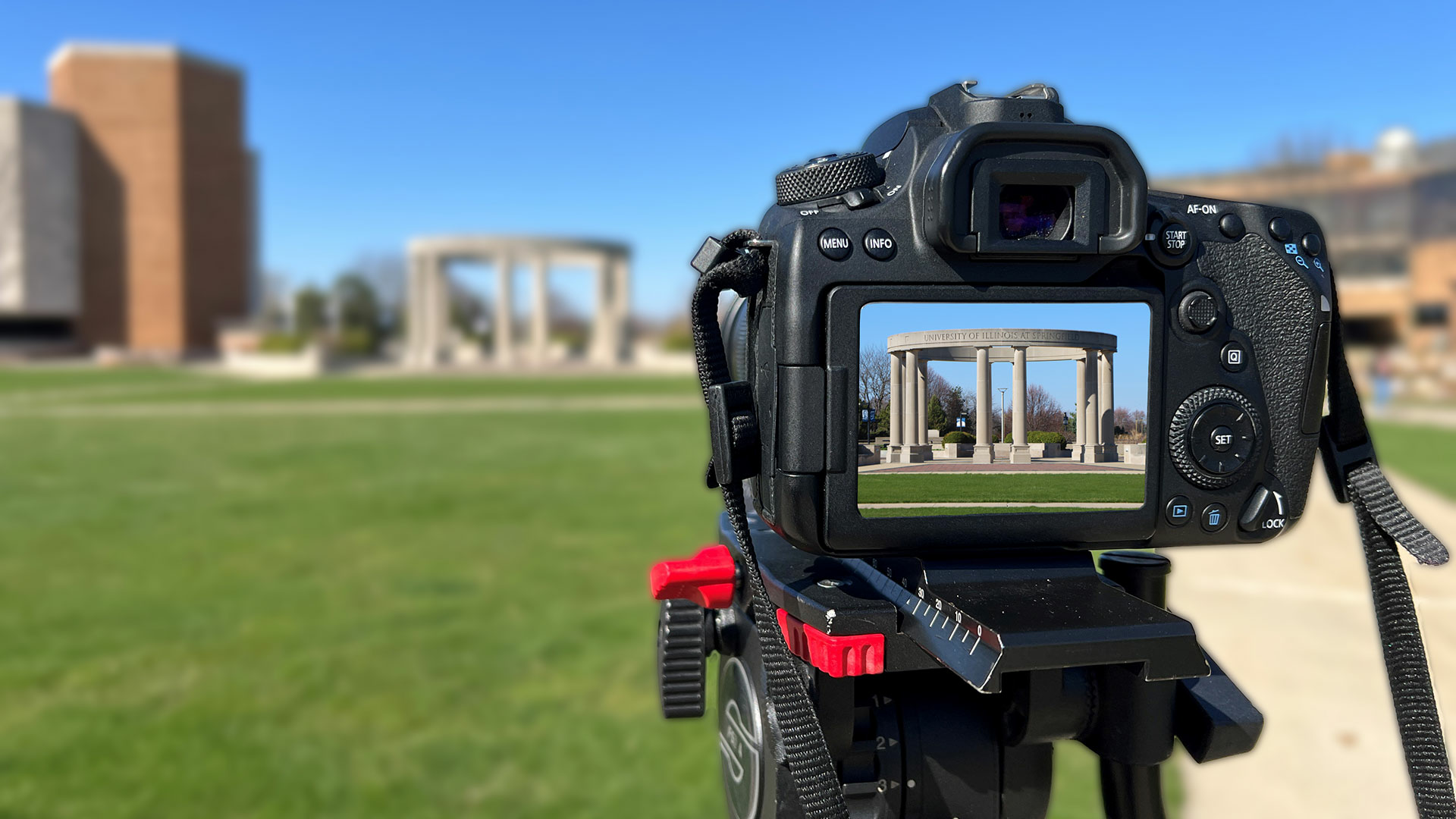Best Practices
These guidelines are designed to ensure that all communications are relevant, appropriate and respectful of recipients' time and attention.
- Relevance: Official mass emails should be relevant to a significant portion of the university community. They should pertain to official university business.
- Appropriateness: Mass emails should adhere to the university's policies and guidelines regarding acceptable content and conduct. They should not contain any offensive, discriminatory or inappropriate material.
- Audience Segmentation: Whenever possible, emails should be targeted to specific groups or segments within the university community to ensure that recipients receive information that is relevant to their roles or interests.
- Frequency: Avoid sending unnecessary or excessive emails. Consider consolidating information or using alternative communication channels, such as newsletters, social media or announcements on the department website, to reduce email volume.
- Clarity and Brevity: Keep emails clear, concise and to the point. Provide relevant details and information without unnecessary elaboration. Use bullet points or lists for easy readability when appropriate.
- Subject Line: Use descriptive subject lines that accurately reflect the content of the email. This helps recipients quickly understand the purpose of the email and prioritize their inbox accordingly.
- Formatting: Use standard formatting conventions, such as paragraph breaks, headings and formatting tools (e.g., bold, italics) to enhance readability and organization.
- Accessibility: Make sure messages are formatted using rich text and not as text on a graphic, which cannot be read by a screen reader.
- Attachments: Minimize the use of attachments whenever possible. Instead, provide links to relevant documents or web pages where recipients can access additional information if needed.
- Proofreading: Proofread emails carefully before sending them to ensure accuracy, clarity and professionalism. Avoid typographical errors, grammatical mistakes and inconsistencies.
- Review Process: Consider implementing a review process for mass emails, to ensure consistency, accuracy and adherence to guidelines.
Prohibited Content
- Emails about events that do not have a broad interest to the entire UIS community should not be sent out via official email. Most events should be promoted through targeted communication. See Media’s Strategy’s guide on how to promote events on campus.
- Messages about office closures or schedule changes due to inclement weather or other factors.
- Commercial solicitations for products or services.
- Emails promoting open seats in specific classes.
Requesting Full Access
In order to request full access to send messages directly to the Employee and/or Student Official DL list, please fill out this form stating the reason you should have access.
Requesting One-Time Access
Units may request one-time access to send a message to the Official Employee and/or Student DL lists. Please use this form for message consideration. Please include the Net ID for the email account that would be sending the message, the content of the message and the date and time you would like to send the message. Access requests will be reviewed by the Office of Media Strategy on a case-by-case basis.
Reviewing Access
The Office of Media Strategy and Information Technology Services (ITS) will periodically review who has permission to send messages to the Employee and Student Official DL lists and reserves the right to remove units or users from the list. Notifications will be sent when a user or unit is removed from the list. Units should periodically review who has access to send official messages and alert Media Strategy when an employee leaves the university or a new employee needs access to send to the official lists.










